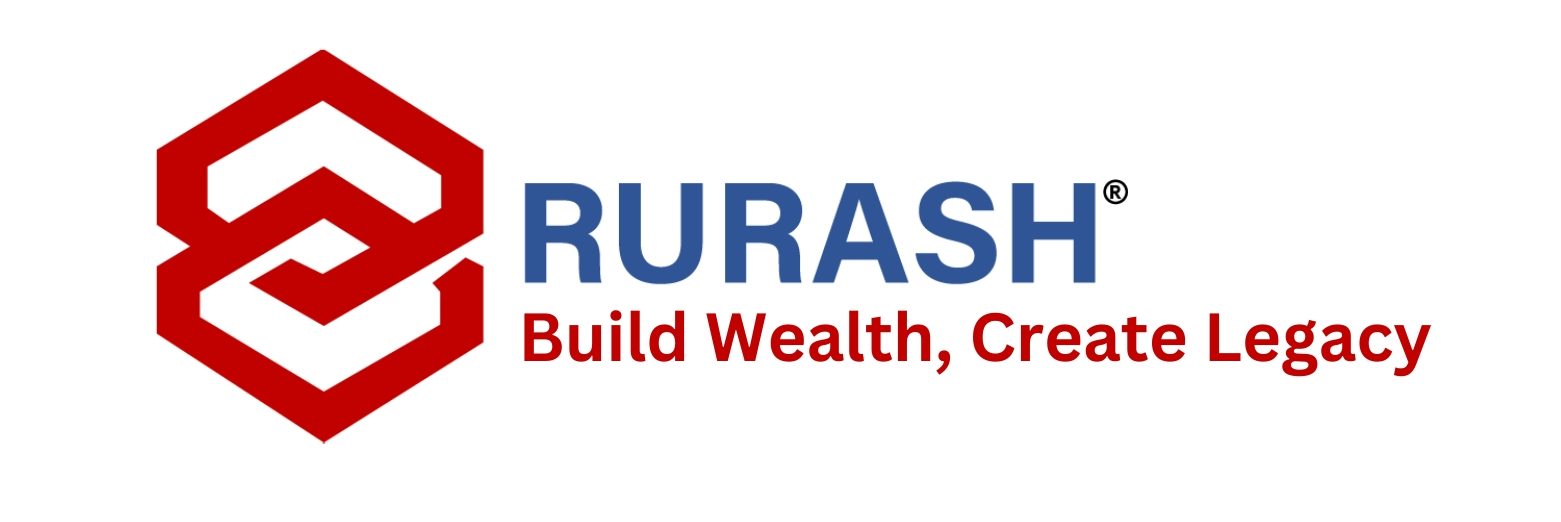The Legal Aspects of Dematerialisation of Shares and Their Implications for Investors.
Dematerialization of shares has become increasingly important in India, as holding physical share certificates is no longer a viable option for investors. With inflation rising, it is essential to make sound investment decisions. Dematerializing shares can help investors maximize their income and build savings.
Let us explore the legal aspects of the dematerialization of shares in India. We will also explore why investors must convert their physical share certificates into dematerialized forms.
Why is Dematerialization Important for Investors?
The government of India introduced the dematerialization of shares to make buying and selling shares more accessible and secure. Holding physical share certificates can be a cumbersome process, as it requires the investor to keep them safe and ensure they are not lost or damaged. Additionally, the process of transferring shares requires the investor to send the share certificate and transfer form to the company’s register. This is to get a new certificate printed in their name.
On the other hand, shares held in dematerialized form are easy to manage, transfer, and trade. Demat accounts provide investors with electronic transactions and a nominee. Furthermore, Demat accounts have similar benefits to a bank account, such as drawing cheques and transferring funds.
Legal Aspects of Dematerialization of Shares
The process of dematerialization of shares involves the conversion of physical share certificates into electronic form. In India, the dematerialization of shares has been made mandatory to facilitate electronic transactions and enhance transparency in the securities market.
The Securities and Exchange Board of India (SEBI) is the regulatory authority governing India’s securities market. The Depositories Act, 1996, and the SEBI (Depositories and Participants) Regulations, 2018, govern depositories and participants. These regulations stipulate depositories, participants, and investors’ rights and obligations.
Recent legal obligations mandated by SEBI
SEBI, the regulatory body for India’s securities market, issued a circular on November 3, 2021. The circular laid down common and simplified norms for PAN, KYC details, and Nomination. It made KYC essential for all investors in its circular dated November 3, 2021.
Later, on December 24, 2021, SEBI issued an additional circular with clarification regarding the previous circular. This made it mandatory for shareholders holding shares in physical form to furnish details to the RTA (Registrar and Transfer Agent) of the Company, i.e. Link-Intime India Private Limited (Link-Intime).
Failure to comply with the KYC requirements and submit the necessary documents to the RTA by April 1, 2023, will freeze shares in physical form. Although this timeline has now been extended to September 30, 2023. Therefore, investors must convert their physical share certificates into dematerialized forms before the deadline to avoid any inconvenience.
Why Should You Convert Your Physical Share Certificates to Demat Form?
One of the most significant aspects of share dematerialization is that it ensures greater transparency and accountability in the stock market.
Dematerialization eliminates the possibility of fake or duplicate shares being traded, which was a significant problem with physical share certificates. In addition, the risk of loss or theft of share certificates is eliminated, which is common in physical certificates.
Another benefit of dematerialization is that it provides a clear record of ownership.
This makes it easier for investors to transfer shares or sell them. The electronic system of dematerialization is highly efficient and secure, allowing for quick and easy share transfers without the need for physical transfer forms and share certificates.
Moreover, dematerialization allows for greater control and regulation of the stock market. With all shares being held in electronic form, regulatory bodies can monitor and track trading activities. This ensures fair and transparent practices in the stock market. This helps to prevent fraud and insider trading, which are major concerns for investors.
Besides, Demat accounts offer convenience and flexibility in managing investments. Investors can hold all their securities in one account and access them from anywhere, anytime.
Dematerialization of shares has facilitated faster trade settlement, reducing the settlement cycle from 14 days to just 2 days. It has reduced transaction costs for investors. The cost of stamp duty and other charges associated with the transfer of physical shares has been eliminated. Subsequently, it has made it easier for companies to offer various corporate benefits to their shareholders, such as bonus issues, rights issues, and dividend payments.
Also, demat accounts allow investors to have a nominee, who can take possession of their shares in case of their demise. This facility provides investors with peace of mind and ensures their investments are safe.
Examples of dematerialization benefits in India can be seen with the introduction of the National Securities Depository Limited (NSDL) and Central Depository Services Limited (CDSL) in 1996.
These depositories were established to promote share dematerialization and to make the Indian stock market more efficient and transparent. Since then, the number of companies listed on the stock exchange that is dematerialized has increased significantly. Most investors now hold their shares in electronic form.
As of now, around 1-1.5% of the shareholding in the securities market is still in physical form. This translates to a value of over Rs 3.5 trillion, according to industry estimates.
Investors must convert their physical shares into demat form to avoid freezing their investments. If shares or folios continue to remain frozen until December 31, 2025, RTAs and listed companies will have to refer such folios to the authority under the Benami Transactions (Prohibitions) Act, 1988, and/or Prevention of Money Laundering Act, 2002.
For dematerialization services like converting physical share certificates to demat form, Unclaimed investments, or IEPF claims, Connect with our Relationship Manager at Rurash Financials today or write to demat@rurashfin.com

